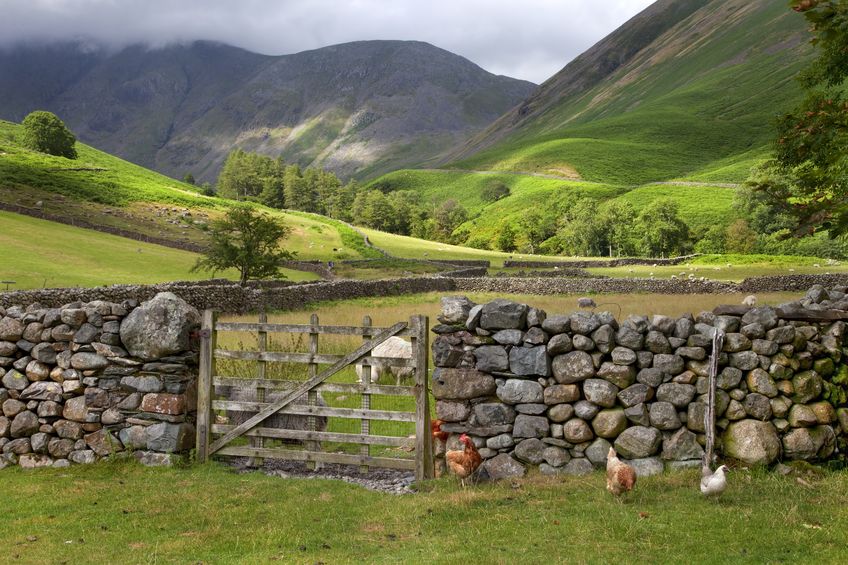
The CLA has told an influential group of MPs that rural tourism is unique and must have bespoke policies which meet its needs or the countryside will be put at risk.
The CLA, which represents landowners, farmers and rural businesses, told the Environment, Food and Rural Affairs (Efra) Select Committee inquiry that a bespoke plan to address the challenges faced by rural tourism businesses such as poor broadband and underinvestment is crucial to help tourism in the countryside thrive.
CLA Senior Rural Business and Economist Adviser Dr Charles Trotman said the Government 'has to recognise that rural tourism is different from urban.'
He said: “Rural tourism supports rural businesses and local communities providing around £11billion a year to the English economy. However, poor digital connectivity and underinvestment threatens the unique nature of rural tourism.
“Rural tourism businesses need confidence to invest in the future. It is crucial that the tourism industry and the Government work together to establish how vital funding which supports tourism across the countryside currently provided under EU funding streams will be replaced up to and beyond Brexit.”
Dr Trotman recommended to the Committee the introduction of a new rural-focussed policy which complements the Department for Culture, Media and Sport National Tourism Action Plan to help support rural tourism.
CLA’s Five Point Plan
1. Removing fragmentation: a new structure that encourages and fosters greater collaboration between the rural tourism industry and government that promotes growth, innovation and productivity.
2. Boosting apprenticeships and skills: development and implementation of a dedicated apprenticeship programme that can actually meet the needs of rural business.
3. Creating a dedicated rural funding mechanism: post-Brexit it will be crucial for the Government to put in place a definitive, long-term funding programme that can work with the private sector to increase levels of investment.
4. Improving digital connectivity: access to a range of alternative options and technologies that suit the needs of these businesses, exploring community and business collaboration and a dedicated training and skills programme to allow businesses to exploit the advantages of the digital revolution.
5. Clear and far-sighted intelligence: creation of a rural tourism intelligence function between government and the industry so the right business decisions can be made based on the most up to date statistical evidence that can reinforce economic growth.
